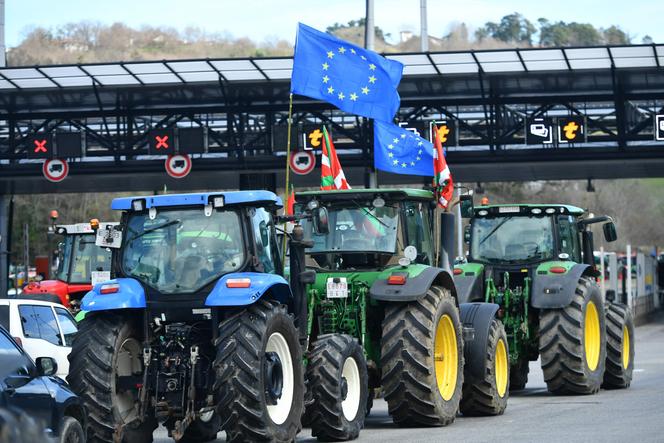


In the run-up to the European elections – which are scheduled for June 6-9 – and with polls predicting a far-right wave in the European Parliament, member states of the European Union have been hard-pressed to resist the rural community's attacks on the green transition. The European right-wing parties have managed to eliminate the agricultural component of the European Green Deal, which was aimed at enabling the EU member states to achieve carbon neutrality by 2050. Livestock farmers and grain producers in France, Germany, the Netherlands, Greece, Italy, Spain and Poland, who voiced their anger at the start of the year, could have led to the green transition measures in the Common Agricultural Policy (CAP) also being dismantled.
On Friday, March 15, the Commission is due to propose a reform that would significantly reduce environmental constraints. In the name of simplifying and lightening the administrative load, the EU executive would, in fact, be unraveling some of the measures that were adopted to make this project more "green."
Over three years, European officials have been hard at work to negotiate the details of the CAP for 2023-2027, which accounts for a third of the EU's budget. The "frugal" countries, led by Germany, had only agreed to maintain the CAP's budget in exchange for new environmental obligations for farmers. It was finally decided, in November 2021, to make the payment of subsidies conditional on a series of more environmentally friendly practices – such as leaving part of farmers' land fallow, crop rotation, and maintaining permanent grasslands and soil cover levels.
Faced with the war in Ukraine, the EU member states decided to temporarily delay the entry into force of some of these rules. The farmers' crisis led them to extend the exemption on fallow land until June 2025, and to relax the rules on the obligation for livestock farmers to maintain some permanent grasslands when converting land. The Commission has also scrapped a regulation designed to halve the use of pesticides.
Today, the EU executive has gone one step further, proposing to definitively roll back some of the CAP's environmental objectives. The obligation to leave part of the land uncultivated (fallow) would disappear. Of course, existing landscape features such as hedges, trees and ponds would need to be maintained, but for the rest, farmers would be free to do as they please, without financial penalties. Those who nevertheless wish to leave part of their land fallow would be entitled to a bonus.
You have 67.24% of this article left to read. The rest is for subscribers only.
